Alcoholic drinks or foods containing sugar accelerate skin aging, making existing conditions such as eczema, seborrheic dermatitis, and acne worse.
Dr. Pham Truong An, a specialist in Dermatology - Cosmetic Dermatology, Tam Anh General Hospital, Ho Chi Minh City, said that a healthy diet helps maintain beautiful skin, but there are also some foods and drinks that are harmful to the skin, with alcohol and sweets being the top culprits. Tet is a time for family reunions and meeting friends, so the trend of consuming these two types of food also increases.
Dr. An explains that sugar in carbonated soft drinks, candies, jams, etc. breaks down into glucose, increasing blood sugar levels. High blood sugar levels increase inflammation, preventing the immune system from destroying bacteria. At this time, the pancreas increases the secretion of insulin to stabilize blood sugar levels. At the same time, insulin increases sebum secretion on the skin, causing clogged hair follicles, easily forming acne and boils.
High blood sugar levels also break down elastin and collagen bonds in the skin, which are important proteins for regenerating and maintaining elasticity, causing the skin to age faster, such as sagging, wrinkles, and dark circles under the eyes. The body also needs a large amount of water to neutralize and eliminate excess sugar through urine, leading to dehydrated, dry skin.
Women who are menstruating (high hormones) and eat a lot of sweets are at higher risk of acne outbreaks.
The American Heart Association (AHA) recommends that adult women should consume no more than 24 grams of sugar per day, men no more than 36 grams of sugar, and children from 2 years old should avoid eating more than 24 grams of sugar. Diabetics should control their blood sugar according to their own doctor's instructions.

Eating too many sweets can cause acne. Photo: Freepik
Dr. An said that the harmful effects of alcoholic beverages on the skin can be seen immediately or just one night after use. Many people easily get red faces, necks, chests, and itches after drinking alcohol because they carry a gene variant that causes a deficiency in the enzyme ALDH2. This enzyme is responsible for metabolizing alcohol in the body. Alcohol is not metabolized, causing toxins to accumulate, leading to red, itchy skin.
Alcoholic beverages have a diuretic effect, causing the production and excretion of urine faster than normal. Urinating more often causes dehydration, dry and inelastic skin; chapped lips, and more visible wrinkles. In addition, alcohol can also cause insomnia, poor sleep, affecting the recovery process.
Regularly drinking alcohol and beer also accelerates the skin aging process because it disrupts collagen production. Skin lacking collagen combined with lack of water affects the structure, leading to wrinkles, crow's feet, dark spots, melasma appearing earlier, and sagging skin.
People who have had skin diseases such as psoriasis, atopic dermatitis, acne... may have a relapse or worsen the condition due to the effects of alcoholic beverages.
Doctor An recommends that people who are drunk should drink plenty of water to compensate for the loss of water, get enough sleep, and moisturize to help repair skin damage.
The World Health Organization (WHO) recommends that a person should only consume one unit of alcohol per day, equivalent to three-quarters of a 330ml bottle of beer or a 100ml glass of wine (13.5% alcohol content), or a 30ml glass of spirits (40% alcohol content). However, the WHO also notes that there is no safe level of alcohol consumption that does not affect health. Drinking even a very small amount of alcohol can be harmful.
Anh Thu
Source link



![[Photo] Visiting Cu Chi Tunnels - a heroic underground feat](https://vstatic.vietnam.vn/vietnam/resource/IMAGE/2025/4/8/06cb489403514b878768dd7262daba0b)




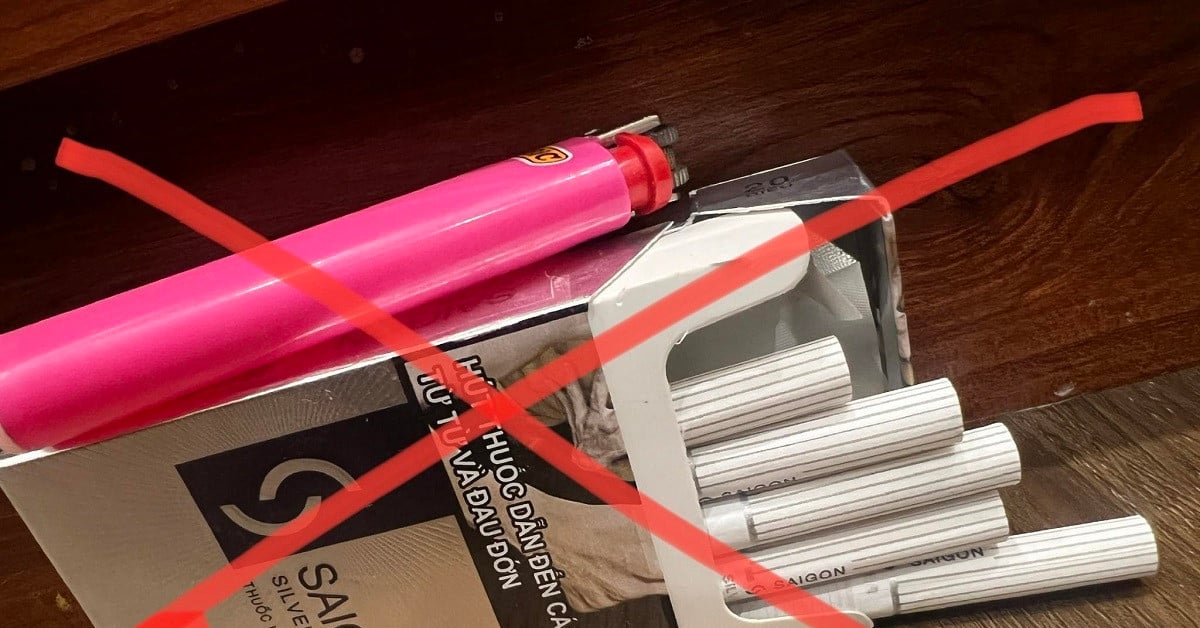





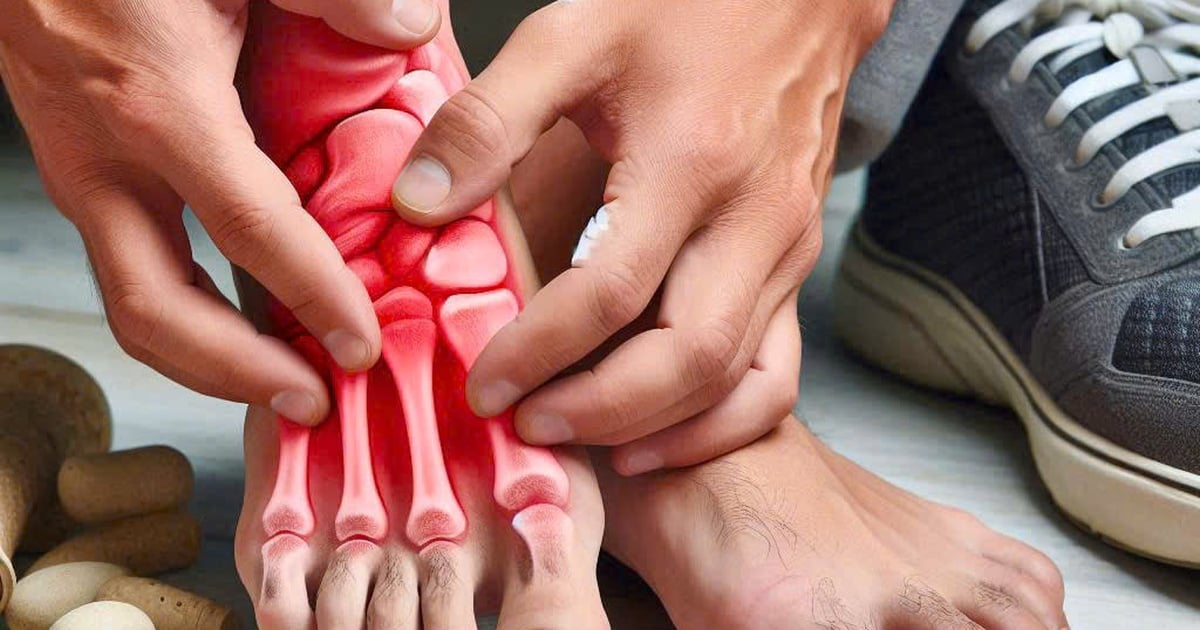


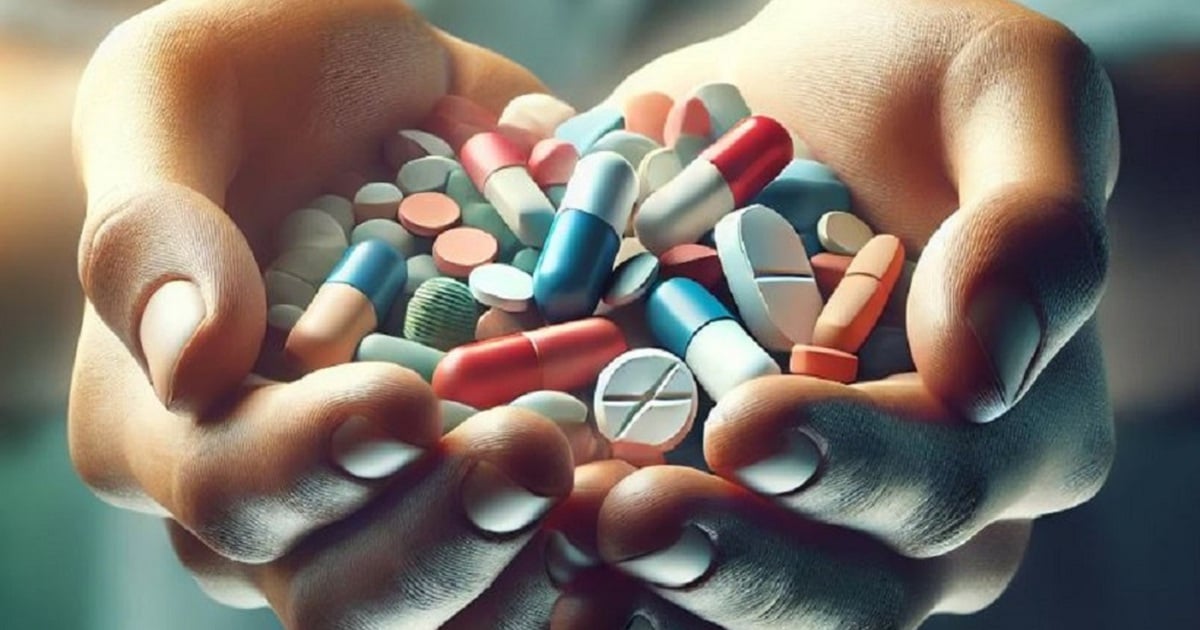
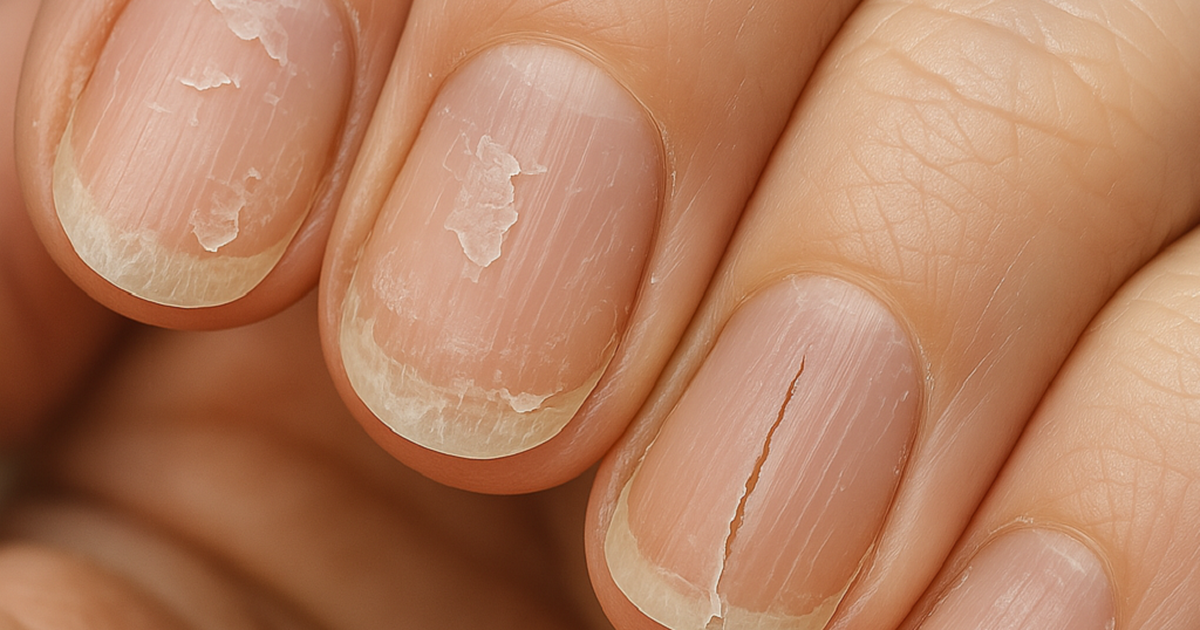
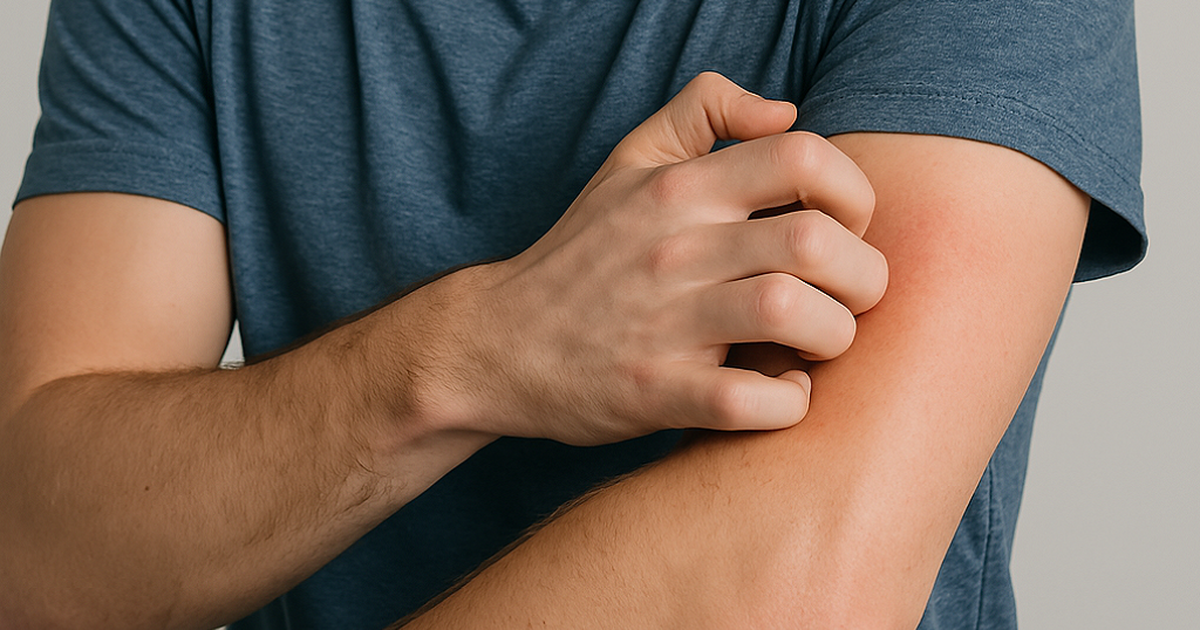
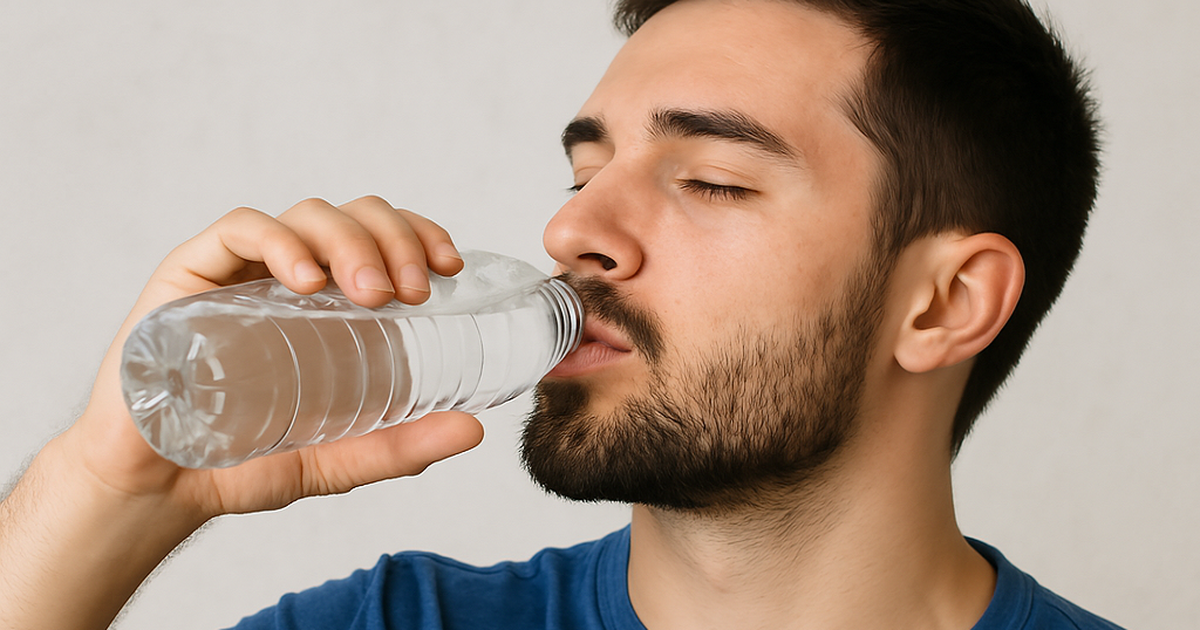

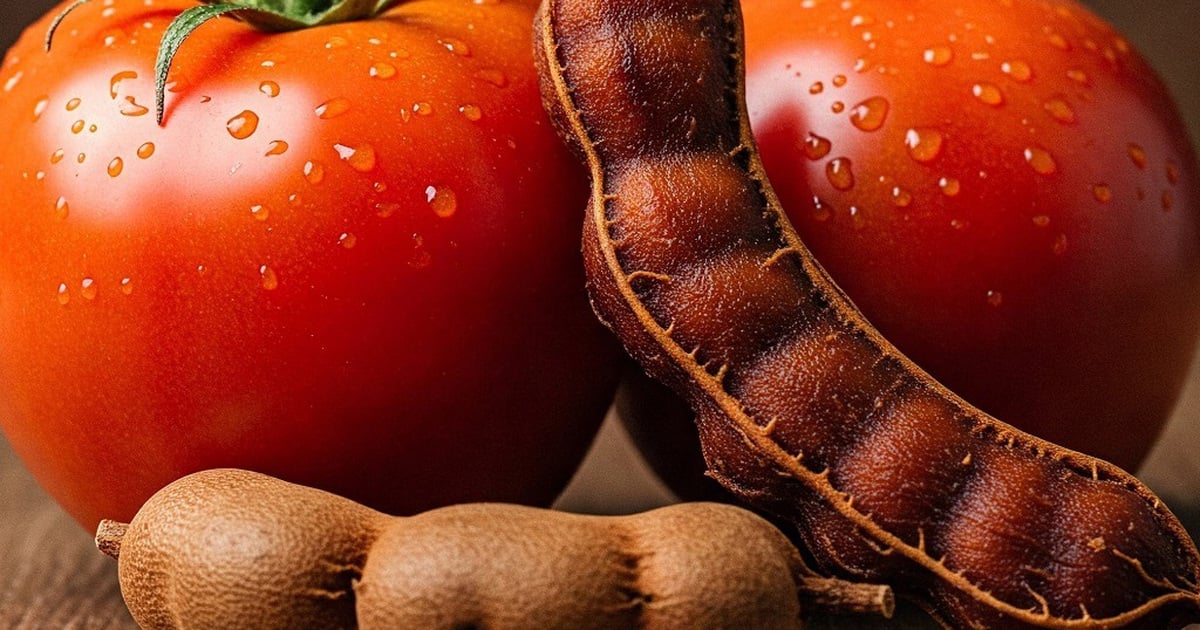
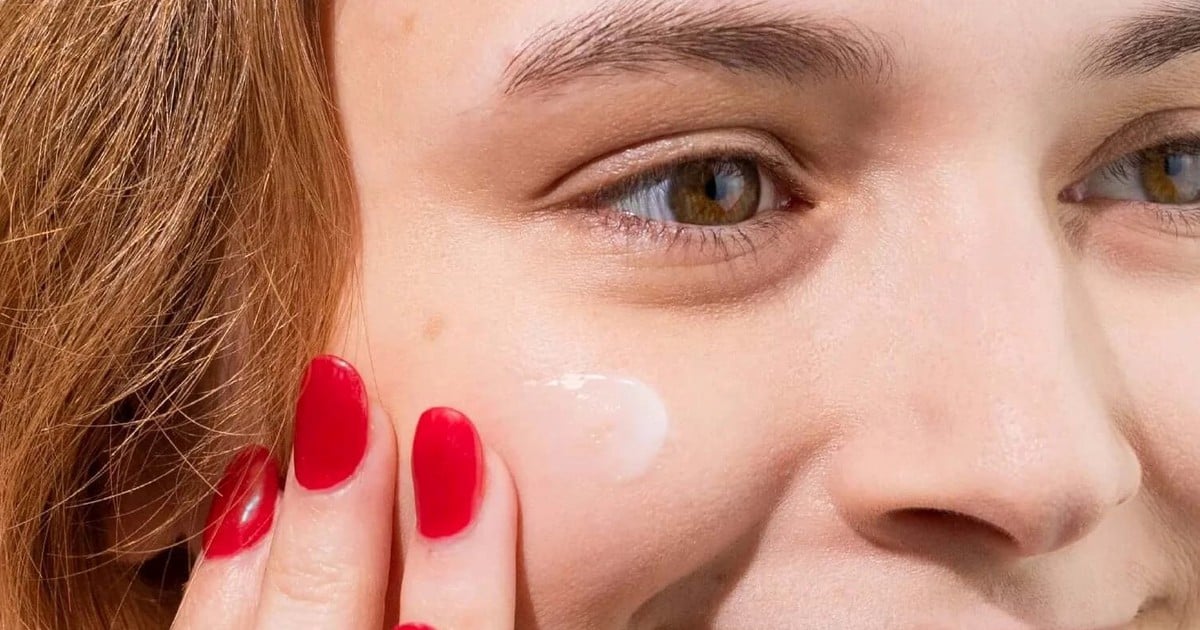























































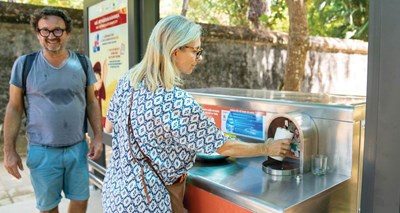















Comment (0)